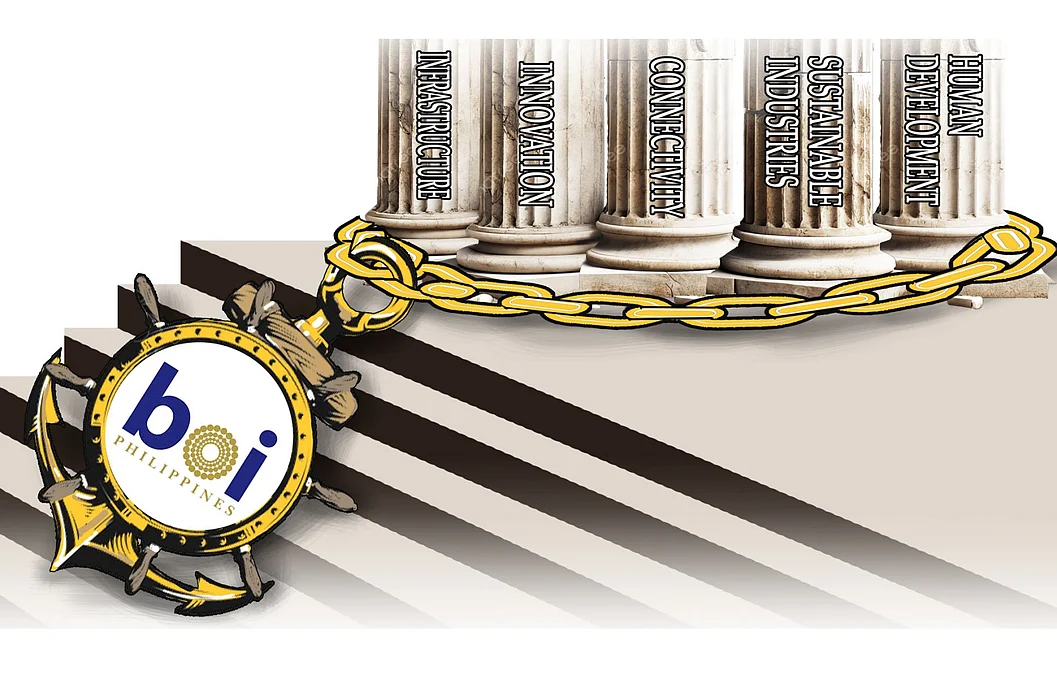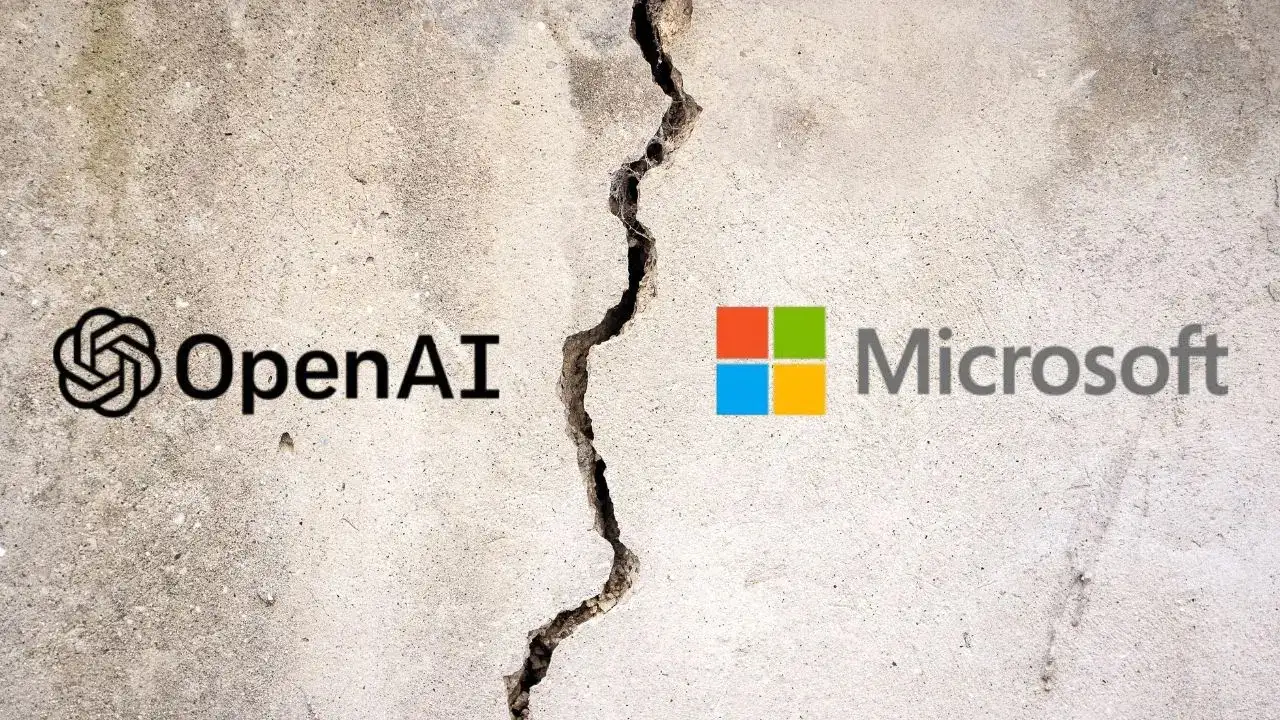By Teddy Montelibano
Copyright tribune

For nearly three decades, the Board of Investments (BOI) has been the country’s leading institution for promoting and steering investments. Its legacy is defined not only by the projects it has facilitated and the industries it has supported but also by the policies it has helped create and implement. Since its establishment in 1967, the BOI has grown into the Philippines’ premier architect of investment policy — designing frameworks, championing reforms, and shaping laws that have transformed the investment landscape and improved the lives of millions of Filipinos. Flagship policy instrumentAt the heart of this role is the Strategic Investment Priority Plan (SIPP), BOI’s flagship policy instrument and its most important contribution to the national investment ecosystem. Mandated under the CREATE Act as amended by RA 12066, the SIPP acts as the country’s investment blueprint, identifying priority industries and detailing the fiscal and non-fiscal incentives that guide investors. Developed and regularly updated by the BOI in close consultation with government and industry, the SIPP does more than list sectors; it strategically positions the Philippines in the global economy by aligning investments with development goals. Transformative resultsThe 2022 SIPP has already delivered transformative results, attracting P3.54 trillion in investment commitments from July 2022 to April 2025, and generating over 147,000 jobs in sectors such as energy, transport, ICT, and manufacturing.Beyond numbers, these investments translated into renewable energy plants that power communities, industries that employ local workers, and logistics hubs that connect farmers to markets. In short, the SIPP has demonstrated itself not only as a tool for attracting capital but also as a catalyst for employment generation, industrial growth, and strengthening national resilience.Looking ahead, the BOI is also finalizing the 2025–2028 SIPP, a forward-looking plan that reflects global shifts in sustainability and technology. New prioritiesThe updated framework introduces new priorities such as smart and precision agriculture, ecological industrial zones, hydrogen and nuclear energy, artificial intelligence, quantum technologies, and cybersecurity. These inclusions make clear that the BOI is not only adapting to change but deliberately positioning the Philippines as a hub for industries of the future.Yet, the BOI’s policy leadership extends beyond the SIPP. Over the years, it has played a central role in shaping legislative reforms that liberalize markets, modernize industries and boost competitiveness. Among these is the Foreign Investments Act (FIA) amendment, where BOI’s policy research and advocacy helped open more sectors to foreign participation. This reform signaled to the global community that the Philippines is committed to liberalization and competitiveness, bringing in new industries, technology transfers, and broader career opportunities for Filipinos. Advocating for RTLA amendmentsThe BOI also played a key role in advocating for amendments to the Retail Trade Liberalization Act (RTLA), including the reduction of the minimum capital requirements for foreign retailers and the elimination of the prequalification process, which simplified the regulatory process relative to foreign investors’ entry into the country. This reform allowed global brands to enter the Philippine market more easily, intensifying competition that benefits consumers with better prices and services. At the same time, it creates opportunities for local suppliers and entrepreneurs to integrate into international value chains.Equally important was BOI’s contribution to the Energy Efficiency and Conservation (EE&C) Act, which established energy efficiency as a national policy. BOI’s technical inputs emphasized the competitiveness aspect, highlighting how energy efficiency not only helps reduce the country’s carbon footprint but also lowers costs for industries, making them more competitive in global markets. Critical ARROW supportIn infrastructure, the BOI lent critical support to the Accelerated and Reformed Right-of-Way Act (ARROW), which expanded coverage and streamlined land acquisition for energy, transport, telecommunications, and water projects.Through its advocacy, the BOI ensured that bottlenecks in land access no longer stall vital projects, allowing Filipinos to benefit sooner from improved mobility, faster internet, and reliable utilities.Similarly, regarding land use, the BOI actively supported the amendment of the Investor’s Lease Act (ILA), which extended lease terms from 75 to 99 years. The BOI was deeply engaged in legislative hearings and committee discussions, consistently providing its positions and ensuring the measure aligned with investor needs while protecting national interests.The reform has given foreign investors greater stability and confidence, particularly for capital-intensive projects that span decades, while ensuring that local communities benefit from long-term commitments. Strengthening economic foundationsEven in areas not immediately visible to the public, the BOI has pushed reforms to strengthen the country’s economic foundations. Its support for the modernization of the Philippine Statistics Authority (PSA) improved data reliability, allowing both government and investors to make better-informed decisions. With stronger statistics, investments can now be directed toward sectors and regions where they are most needed, ensuring more equitable growth.These policy achievements underscore BOI’s dual role: as a technical body that designs frameworks, such as the SIPP, and as an advocate that works with Congress and other agencies to push legislative reforms. Each success reflects the agency’s ability to bridge investor needs with national priorities, which creates clarity, stability, and competitiveness in the Philippine investment climate. PBBM’s economic agenda Aligned with President Ferdinand R. Marcos Jr.’s economic agenda for a Bagong Pilipinas, the BOI continues to anchor its work on the pillars of infrastructure, connectivity, innovation, sustainable industries, and human development. As the President himself emphasized, the SIPP is more than a list of priorities — it is a roadmap to position the Philippines as a regional powerhouse for innovative and sustainable industries.



